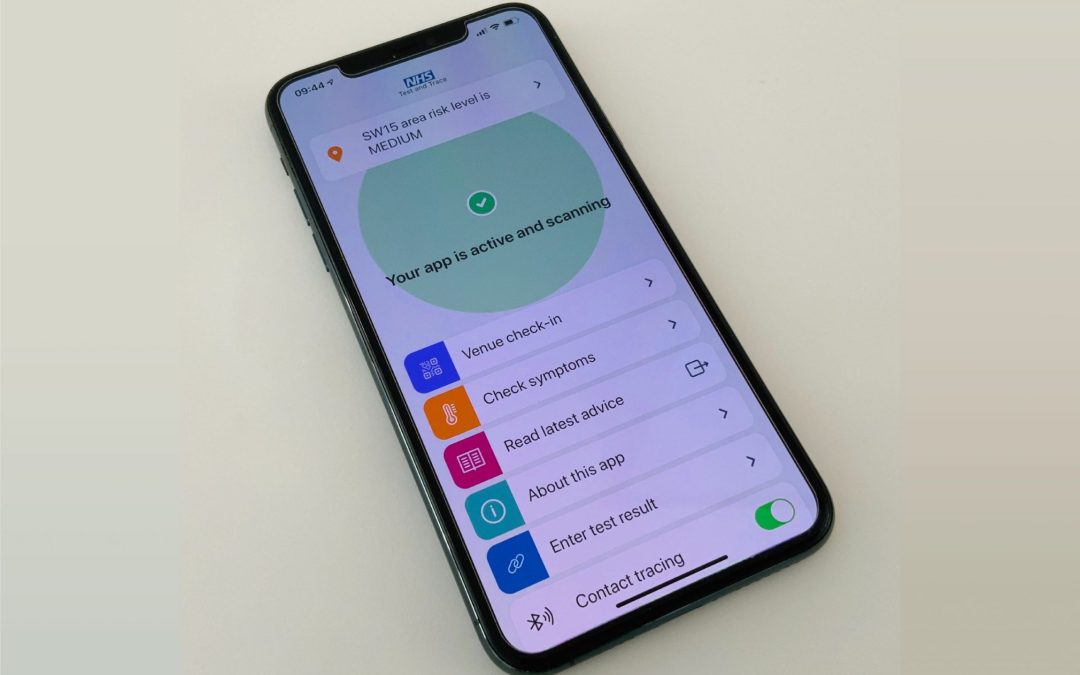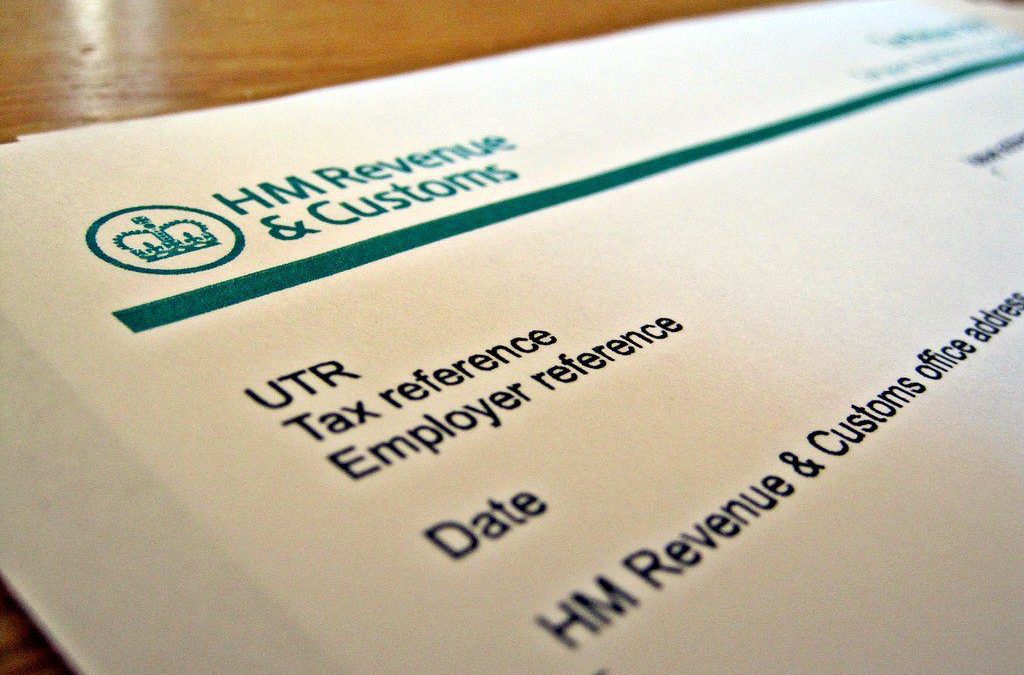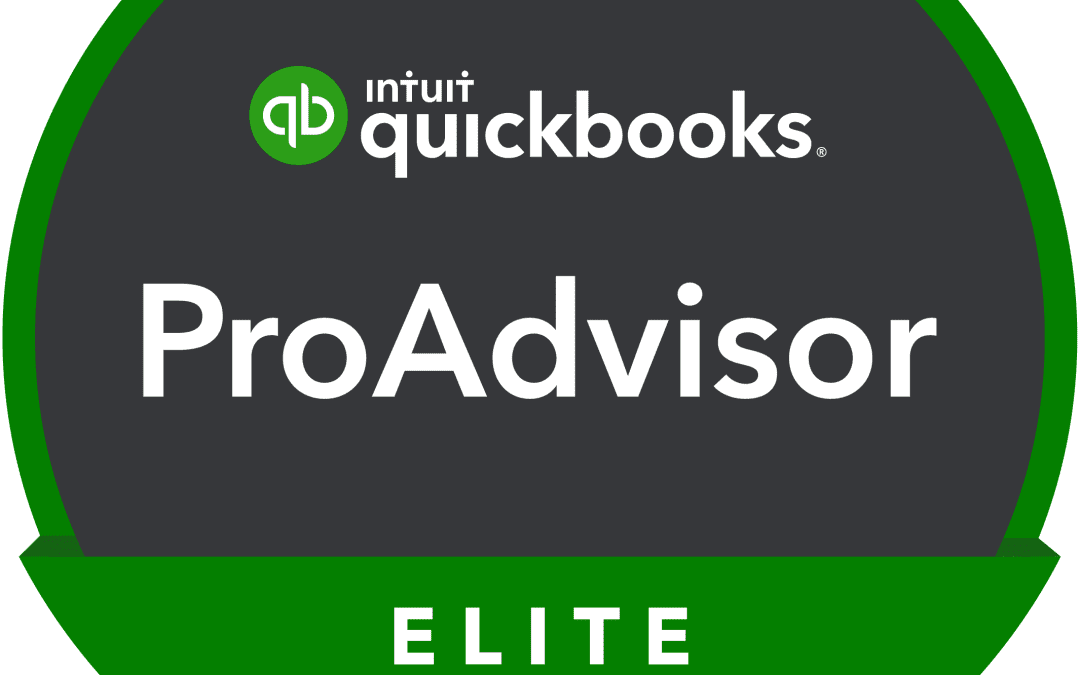
by Pi Accountancy | Oct 29, 2021 | Business, Corporation Tax, Director, Taxes, The Budget
The Chancellor presented his Autumn Budget and Spending Review on 27 October 2021 and we’re here to discuss some of the highlights. Income tax rates and thresholds The rates and thresholds applying for 2022/23 were confirmed. Personal allowance As previously...

by Pi Accountancy | Oct 27, 2021 | MTD, Taxes, VAT
Extension of Making Tax Digital for VAT Making Tax Digital (MTD) for VAT is currently only compulsory for VAT-registered businesses whose turnover for VAT is above the VAT registration limit of £85,000. However, this is set to change from April 2022. Extension to all...

by Pi Accountancy | Oct 26, 2021 | National Insurance
On 8 September 2021, the Prime Minister outlined the Government’s plans for health and social care, including a new funding strategy designed to meet social care costs. A new tax, the Health and Social Care Levy, is to be introduced from 2023. However, as a temporary...

by Pi Accountancy | Oct 1, 2021 | COVID-19, HMRC, PAYE, Payroll, Taxes
The Coronavirus Job Retention Scheme (CJRS) came to an end on 30 September 2021. The scheme has provided financial help to employers and employees during the COVID-19 pandemic, allowing employers to claim grants with which to pay furloughed and flexibly furloughed...

by Pi Accountancy | Sep 30, 2021 | Director, HMRC, Self-Assessment, Taxes
As part of the Government’s funding strategy for health and social care, the dividend tax rates are to be increased from April 2022, alongside the temporary increases in National Insurance, and, from April 2023, the introduction of the Health and Social Care Levy. The...

by Pi Accountancy | Sep 15, 2021 | COVID-19, Director, HMRC, Job Support Scheme, PAYE, Payroll, Taxes
The recent ‘pingdemic’ has resulted in large numbers of employees self-isolating. Where an employee meets the qualifying conditions, you must pay them SSP while they are self-isolating. As qualifying periods of self-isolation count as a Coronavirus-absence, if you are...

by Pi Accountancy | Sep 9, 2021 | VAT
Hospitality Industry VAT Rate Increase – 1st October 2021 In July 2020, the VAT rate for the tourism and hospitality sector was temporarily reduced to 5%, from 20%. The businesses that were able to take advantage of the reduced rate include; Hotels Restaurants Hot...

by Pi Accountancy | Sep 8, 2021 | Payroll
National Payroll Week is about helping raise awareness of the importance of your payroll, for your employees, to your own business, and the economy. We would like to celebrate our payroll professionals and all the challenges they have had to face throughout the last...

by Pi Accountancy | Aug 31, 2021 | Director, HMRC, Self-Employed, Taxes
Unique Taxpayers Reference A UTR is your Unique Taxpayers Reference Number, is what identifies you personally with HMRC. It’s 10 digits in length and is quoted on any correspondence you receive from HMRC, including: Your tax return A Welcome to Self-Assessment letter...

by Pi Accountancy | Aug 25, 2021 | QuickBooks, VAT
Welcome to our QuickBooks Guide on how to record a VAT payment or refund When you pay VAT in QuickBooks Online, you are recording the payment against a specific VAT period; you are not actually transferring money to HMRC. Below is a short video on how to record your...

by Pi Accountancy | Aug 12, 2021 | Business, QuickBooks, Taxes
Whether you’re brand new to QuickBooks or you use it already, there’s always more to learn to ensure you’re maximising the resources you have available to you. With this blog we are sharing our top 3 QuickBooks Basics. 1. Connecting and reconnecting the bank When you...

by Pi Accountancy | Jul 9, 2021 | HMRC, PAYE, Self-Assessment, Taxes, VAT
From 15 June 2021, all businesses and organisations will need multi-factor authentication in order to sign into the Government Gateway. Multi-factor authentication Businesses and organisations that use HMRC’s online services and which do not currently receive an...

by Pi Accountancy | Jul 2, 2021 | HMRC, Self-Assessment, Self-Employed, Taxes
If you are self-employed, you will pay Class 2 and Class 4 National Insurance contributions if your profits exceed the relevant thresholds. Class 2 National Insurance contributions are the mechanism by which you build up qualifying years to earn entitlement to the...

by Pi Accountancy | Jul 2, 2021 | Business, PAYE
You can use a PAYE Settlement Agreement (PSA) if you wish to settle the tax liability arising on the provision of a benefit-in-kind or an expense on an employee’s behalf. This can be useful if you wish to preserve the goodwill nature of a particular benefit. Nature of...

by Pi Accountancy | Jul 2, 2021 | COVID-19, HMRC, SEISS, Self-Assessment, Self-Employed, Taxes
As the Coronavirus Job Retention Scheme (CJRS) enters its final months, now is the time to review grants that you have claimed under the scheme, and pay back any amounts claimed in error. You may also choose to repay voluntarily funding that you have received under...

by Pi Accountancy | Jul 2, 2021 | COVID-19, HMRC, Job Support Scheme, SEISS, Self-Assessment, Self-Employed
Claims for the fifth grant under the Self-Employment Income Support Scheme (SEISS) will open from late July. If, based on your tax returns, HMRC think that you are eligible for the grant, they will contact you in mid-July and give you a date from which you can submit...

by Pi Accountancy | Jul 2, 2021 | HMRC, SDLT, Taxes
The residential stamp duty land tax (SDLT) threshold applying in England and Northern Ireland was temporarily increased to £500,000 from 8 July 2020 to 30 June 2021 (extended from the original end date of 31 March 2021). From 1 July 2021 to 30 September 2021, a new...

by Pi Accountancy | Jun 29, 2021 | Business, COVID-19, Job Support Scheme
Furlough Redundancy Although the furlough system was designed to keep workers employed, unfortunately it doesn’t protect furloughed staff from being made redundant. But it doesn’t affect their redundancy pay rights if they are let go from their job amid...

by Pi Accountancy | Jun 23, 2021 | Business, Director
Shareholder disputes often arise on matters such as company strategy, salaries and dividends. Disputes amongst shareholders can cause particular difficulties in smaller businesses where shareholders are also directors and therefore need to make all board level...

by Pi Accountancy | May 26, 2021 | Business, Company Car, HMRC
Taxation of company cars What is taxation of company cars? If you are an employee with a company car, you will be taxed on the benefit derived from the car being available for your private use. If you are an employer who makes company cars available to your employees,...

by Pi Accountancy | May 25, 2021 | Business, COVID-19
Recovery loan scheme If you need to access finance to help your business recover from the effects of the COVID-19 pandemic, the Recovery Loan Scheme may be for you. Nature of the scheme The Recovery Loan Scheme is designed to provide access to finance in order to...

by Pi Accountancy | May 24, 2021 | Business, COVID-19, HMRC, Self-Assessment, Taxes
To help businesses which have suffered losses as a result of the COVID-19 pandemic, the period for which certain trading losses can be carried back is extended from one year to three years. The extended carry-back period applies for both income tax and corporation tax...

by Pi Accountancy | May 22, 2021 | Business, HMRC, PAYE, Self-Assessment, Taxes, VAT
Business records if you’re self-employed You must keep your records for at least 5 years after the 31 January submission deadline of the relevant tax year. HM Revenue and Customs (HMRC) may check your records to make sure you’re paying the right amount of tax....

by Pi Accountancy | May 21, 2021 | Business, Director, HMRC, Taxes
If you run your business as a personal or family company, you will need to decide how best to extract profits for your personal use. A typical tax-efficient strategy is to pay yourself a small salary and then extract any further profits as dividends. Where this...

























